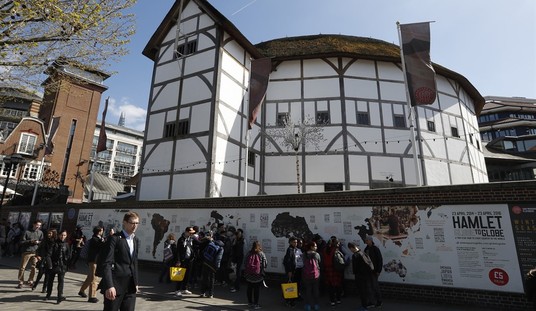The BBC reports that the Army has rejected a request by Hmong community to bury former general Vang Pao at Arlington cemetary, noting he was ” a controversial figure, deeply loved by many Hmong” for his role in fighting the Pathet Lao and against Hanoi during the Vietnam war. “Critics say that by allying himself with the US, Gen Pao caused his people untold suffering – something that he himself recognised.” Hmong community leaders will appeal the decision to President Obama.
Richard Klass, writing in the Huffington Post argued that a burial at Arlington was the least America could do for its faithful ally. He recalled how Vang Pao and his men saved many US airmen “including a large number of “Raven” FAC in the employ of the CIA. They aided U.S. Special Forces operations and fought with great valor and ferocity. William Colby, the former CIA Director called Vang Pao the biggest hero of the Vietnam War.”
And yet at the end of the war, the Hmong were abandoned. Thousands fled to the CIA base at Long Tien seeking rescue flights. Few were evacuated. Many were killed or imprisoned by the Communist regime in Laos or the NVA. Thousands fled to refugee camps in Thailand. There are continuing reports of scattered Hmong still surviving in the Laotian jungles. Some eventually made it to the United States, including Vang Pao. There are some 200,000 Hmong in the United States today, mostly in Minnesota and California.
But the sad fact is that the United States of America did not take care of a faithful and brave ally. We betrayed the Hmong. The only acknowledgment of their service is a plaque honoring the Hmong placed in Arlington National Cemetery in 1997.
But the Asia Times wrote that Vang Pao’s death closed a chapter on a life full of heroism and scandal. One perhaps better forgotten in its entirety than memorialized. His career encapsulated all that was glorious and shameful in the war in Indochina. He tied up the Pathet Lao, helped interdict the Ho Chi Minh trail, rescued American pilots, and served as a king to his people. But Vang Pao was also accused of involvment in drug smuggling, using of all things, the CIA’s Air America planes.
There is little question that the Hmong were savagely punished for their role as America’s helpers. Long after the Last Helicopter out of Saigon, Vang Pao remained hostile to Lao’s new masters, to the discomfort of the diplomats. That too, may have been a liability. In a world that valued “moving on”, Vang Pao was maddeningly intransigent.
The Hmong exile community and human rights groups say what followed was a series of revenge attacks against Hmong who supported Vang Pao during the war. Tens of thousands of Hmong fled the country for Thailand. The US did not officially acknowledge the secret war until 1997, when a monument was erected in Arlington National Cemetery to honor the Hmong and other veterans of the struggle. …
In 2001, Vang Pao seemed to moderate his position when he publicly advocated for the first time normalization of US-Lao official relations. Observers believed the gesture aimed to alleviate sustained human rights abuses against his former supporters. In 2003, he surprised his supporters again by saying it was time to find ways to negotiate peacefully with the communist Lao government.
The Economist wrote that “to his followers General Vang Pao was ‘the earth and the sky'”. But to politicians he must have been a unpleasant reminder of a policy failure. He will have to find a resting place other than Arlington; no matter. The kind of posterity Vang Pao must content himself with is only sort a man can really get. Not acclaim nor polished stone, but in the mere act of finishing his life of a piece. He was what he was, and for Vang Pao perhaps, that may have to serve.
No useless coffin enclosed his breast,
Not in sheet or in shroud we wound him;
But he lay like a warrior taking his rest
With his martial cloak around him.Few and short were the prayers we said,
And we spoke not a word of sorrow;
But we steadfastly gazed on the face that was dead,
And we bitterly thought of the morrow.We thought, as we hollow’d his narrow bed
And smooth’d down his lonely pillow,
That the foe and the stranger would tread o’er his head,
And we far away on the billow!But half of our heavy task was done
When the clock struck the hour for retiring;
And we heard the distant and random gun
That the foe was sullenly firing.Slowly and sadly we laid him down,
From the field of his fame fresh and gory;
We carved not a line, and we raised not a stone,
But we left him alone with his glory.
“No Way In” print edition at Amazon
Tip Jar or Subscribe for $5










Join the conversation as a VIP Member